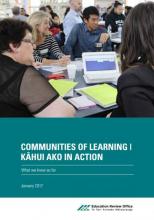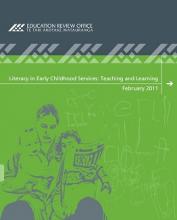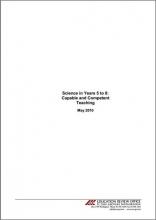On your marks ... get set... go! A tale of six schools and the digital technologies curriculum content
ERO conducted case studies of six schools’ implementation of the digital technologies curriculum content in Term 1, 2019. Schools that had successfully integrated the curriculum had leaders who promoted a growth mindset for teachers and looked to integrate digital technologies into existing curriculum. Timely professional development for teachers and positive community connections also enhanced schools’ ability to integrate the digital technologies curriculum.







